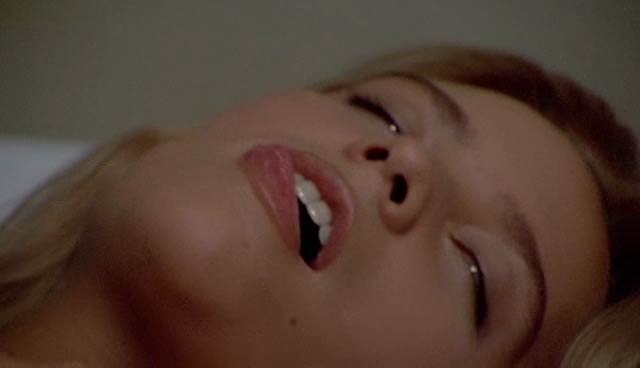Put that in your pipe and smoke it

Under such circumstances, we are simply determined in our ideas by our fortuitous and haphazard encounter with things in the external world. This superficial acquaintance will never provide us with knowledge of the essences of those things. In fact, it is an invariable source of falsehood and error. This “knowledge from random experience” is also the origin of great delusions, since we –thinking ourselves free– are, in our ignorance, unaware of just how we are determined by causes.
{ Stanford Encyclopedia of Philosophy | Continue reading }
Knowledge of the first kind is based on sense experience and imagination. It includes all our knowledge of the moment-to-moment state of our body (warmth, cold, hunger, thirst, desire, etc.) as well as our knowledge of the properties of external bodies. All knowledge of this sort is partial or inadequate.
Knowledge of the second kind is based on reason or understanding. It includes all our knowledge of the common properties of bodies and minds (and of the sciences that concern these). Knowledge of the second kind also includes our knowledge of the definitions of substance, mode, God [Nature], etc. (…) According to Spinoza, this knowledge is always adequate and necessarily true. Spinoza discusses two important characteristics of knowledge of the second kind: 1) reason always regards things as necessary; 2) reason perceives things “in the light of eternity,” i.e. without any relationship to time. (…)
What we do not acquire in this way, however, is an understanding of our own existence “in the light of eternity.” Instead, we are generally caught up in the flow of time–the past, the present and the future–and this, Spinoza believes, often leads to unhappiness. Regarding the present as the only reality, we regret the loss of the past and either hope or fear for what the future will bring. But this is a confused (or inadequate) conception of our existence.
{ Don Rutherford, Notes on Part II of the Ethics | Continue reading }
more { Deleuze on Spinoza, 1978 | Deleuze on Spinoza, 1981 }


